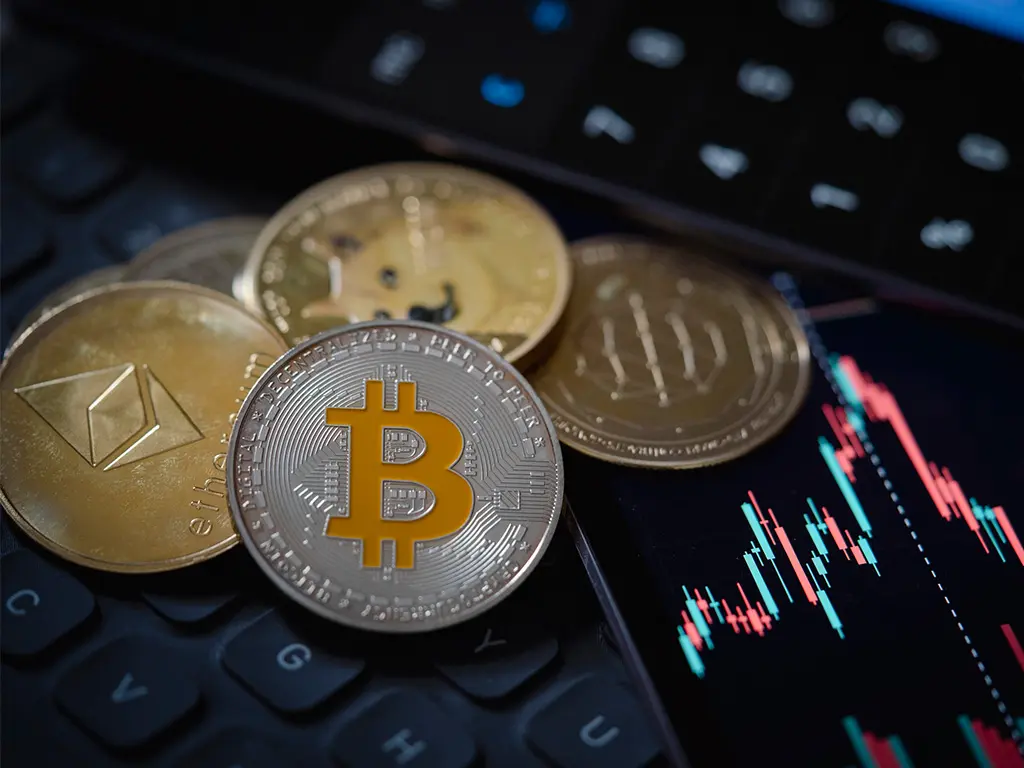A significant partnership has emerged between Ripple and Absa Bank, aimed at enhancing access to institutional-grade digital asset custody for financial institutions in South Africa. This collaboration enables customers of the bank to store cryptocurrencies and tokenized assets utilizing advanced custody technology provided by Ripple. The move aligns with the increasing demand for blockchain-based solutions within Africa’s growing markets.
Ripple, launched in 2012, is recognized for its digital disbursement network and its digital currency, XRP. Currently ranking as the third-largest cryptocurrency by market capitalization, Ripple functions as a decentralized platform capable of supporting various currencies, including GBP, Yen, and Ethereum. Through this partnership, Absa becomes Ripple’s first major custodian partner on the African continent, leveraging this technology to provide compliant and scalable storage solutions for digital assets.
The partnership reflects a significant transition in the African financial landscape regarding value exchange and storage. As noted, Africa is experiencing heightened interest in digital assets, with an increasing number of institutional entities keen on exploring technological advancements that address operational challenges and security concerns. The partnership is intended to bolster Absa’s ambitions toward becoming a leader in digital asset services.
Regulatory conditions across Africa are slowly evolving, providing a clearer framework for financial institutions to engage with digital currencies. This partnership aims to instill confidence in banks like Absa, encouraging them to venture into blockchain-based services while adhering to rigorous operational and security protocols.
Absa’s intention to modernize its offerings aligns with Ripple’s continuous efforts to support African markets. The collaboration builds upon Ripple’s history of facilitating crypto-enabled payments, including previous ventures with entities like Chipper Cash. Ripple has also introduced its USD-backed stablecoin, RLUSD, in certain regional markets, further emphasizing its commitment to the African financial landscape.
A recent report by Ripple highlights that a significant portion of finance executives in the Middle East and Africa views faster payment methods as a compelling reason to adopt blockchain technologies for cross-border transactions. Ripple’s infrastructure is strategically positioned to assist banks and financial institutions in managing, exchanging, and storing digital assets.
Having over a decade of expertise in the digital asset domain and maintaining more than 60 regulatory licenses on a global scale, Ripple is well-positioned to expand its custody network across various regions, including Europe, Asia-Pacific, Latin America, and now Africa.
The partnership between Ripple and Absa illustrates the mounting institutional interest in blockchain technologies across the African continent. As financial institutions strive to modernize their operations and accommodate the growing customer demand for secure digital asset services, such collaborations could usher in a broader acceptance of crypto and blockchain solutions in the region.
Furthermore, Africa’s accelerated embrace of blockchain technology is evident, as seen in recent legislative efforts in countries like Kenya. The recent approval of a cryptocurrency Bill in Kenya marks a critical advancement towards regulating digital currencies and virtual assets. This legislative framework delineates licensing requirements for cryptocurrency exchanges and token issuers, promoting transparency, investor protection, and compliance standards within the market.
Overall, the partnership signifies a transformative step in the African financial sector, unlocking the potential for digital asset integration into mainstream banking services. As both companies work together to strengthen the custodial infrastructure for digital assets, the move is likely to catalyze further innovation and investment in blockchain technology across the continent. The narrative currently unfolding represents an exciting chapter in the ongoing evolution of financial systems as they adapt to the digital age.


